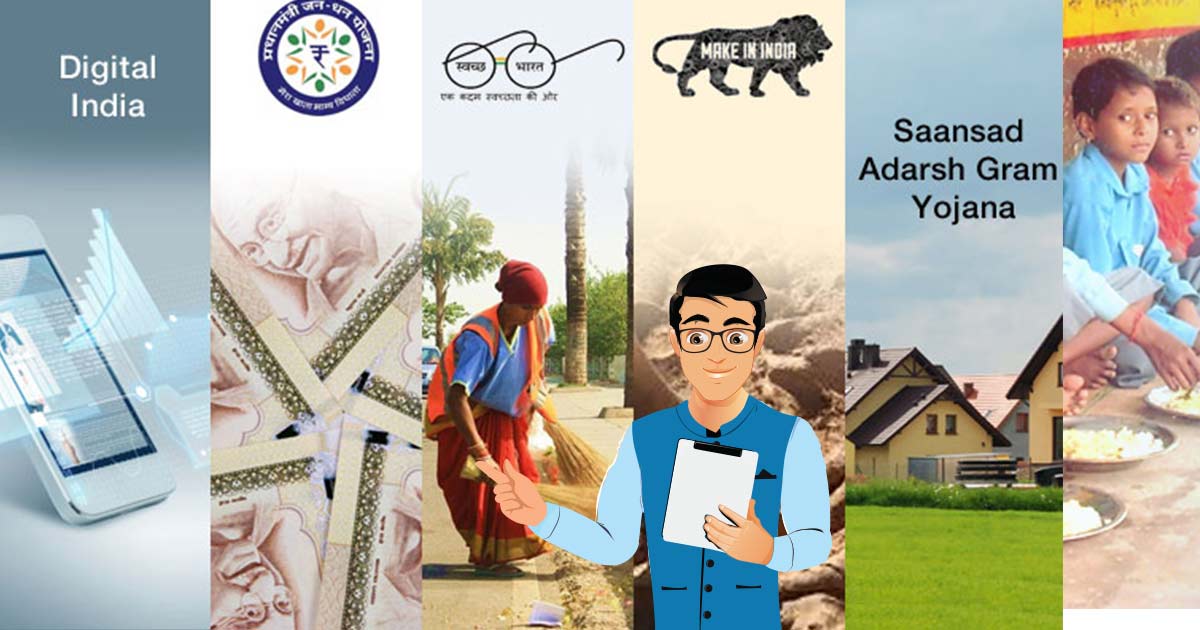As the central government spends approximately Rs. 3 trillion every year for centrally sponsored schemes. But the outcome is very poor concerning the reasons like poor implementation capacity, lack of political will, and a larger structural issue.
The fund allotted by government goes in a hierarchical chain and as a result delayed fund in part results to proceed further in the system and increases the failure. This further creates contradictory situations. As per the Accountability Initiative report on the National Health Mission (NHM), 68% is the number which is actually utilized in schemes. In a survey, in December 2015, it is found that 31% of the schools were not received their annual grants at the time of the survey in an academic year.
Read Also: GST Online Payment Guide for Small Taxpayers India
In a system, there is no tracking facility for this float which puts questions on government finance. However, the estimate states Rs. 1 trillion of the preventable fiscal deficit.
In case of MGNREGS, the government uses workflow-driven IT platform which is required to implement in all centrally and state-sponsored schemes. By this implementation, the system will get releasing money on time, automate payment, and transfer payment directly to worker/beneficiary/vendor bank account.
In this case, there will be zero advance release and as a result, zero floats. GST depends on GST platform that was built by GSTN which is a not-for-profit section 8 company regulated by the financial institutes, centre, and states. This tax mechanism can also be implemented in expenditure department as well. For the establishment of such a modular workflow driven-IT platform, the department of expenditure is required to task GSTN for the government. Separate government departments can customize in a manner of business customize and apply on-premise software and enterprise cloud with the help of companies like Microsoft, Ramco or Oracle.









